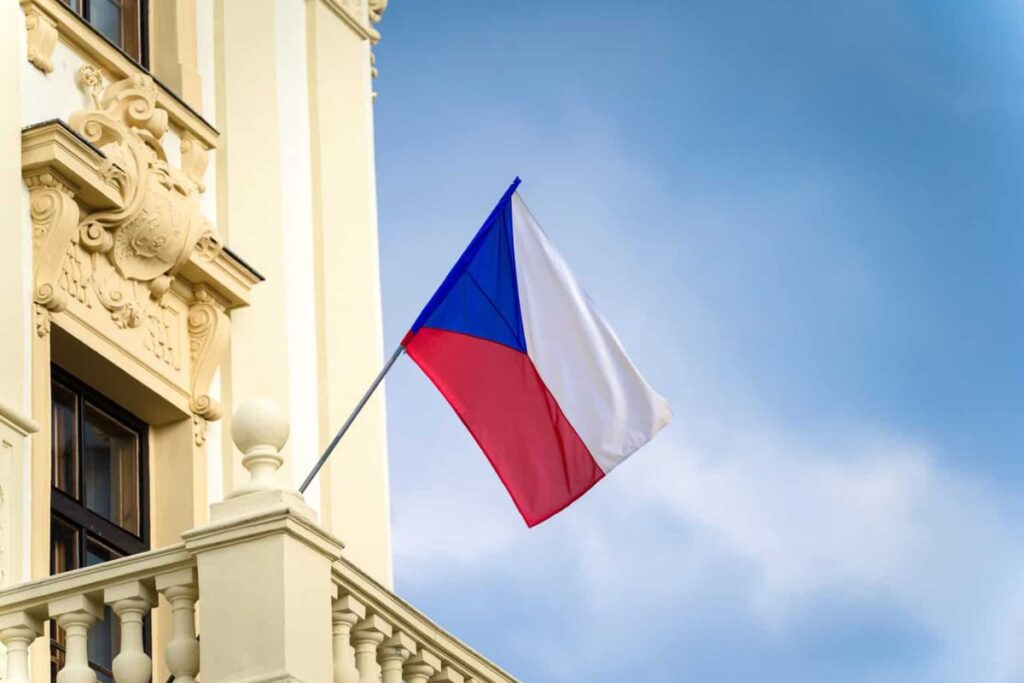Czechia is revamping its immigration framework with the aim of attracting a greater number of skilled workers. New quotas for work visas are tailored to benefit applicants from India, China, and Thailand, while stricter restrictions will apply to those seeking low-skilled positions.
The Czech Republic, which is often referred to as Czechia, is preparing to implement immigration changes designed to draw in highly qualified foreign workers as the demand for labor intensifies across various sectors.
These adjustments reflect a deliberate change in the nation’s immigration focus, specifically benefiting IT professionals, researchers, and other high-skilled laborers.
Strategically Allocated Work Visa Quotas
The Czech administration has sanctioned a new initiative aimed at redistributing work visa allocations. This innovative strategy intends to markedly enhance opportunities available for sought-after specialists while modifying the accessibility for individuals with lesser qualifications. This signifies an expansion of avenues for the most talented individuals to engage with Czechia’s flourishing economy.
Increased Work Visa Allocations for Indian, Chinese, and Thai Nationals
The updated immigration strategy for Czechia will see a rise in work visa allocations for individuals from specific nations recognized for producing a wealth of skilled professionals.
India: Expansion of Digital Nomad Program
The Czech Embassy located in India will soon introduce 24 additional slots under its digital nomad visa initiative, specifically intended for IT professionals. This visa permits self-employed individuals to reside and operate remotely from Czechia, with application processing anticipated to take no longer than 45 days.
China: Increase in Annual Work Visa Quota
Chinese applicants will benefit from an uplift in the annual work visa cap, which will rise to 1,170 slots. Most of these openings will be reserved for qualified individuals seeking work opportunities in Czechia.
Thailand: Quota Increased by Over 50%
The Czech Embassy in Bangkok is set to enhance its work visa allocation from 300 to 460 annually, providing additional opportunities for Thai applicants, particularly those with specialized abilities to seize employment opportunities within the nation.
Also Read: Czech Seasonal Work Visa: Employment, Salaries, and Application Procedure for 2025
Decreased Quotas for Low-Skilled Workers
While skilled foreign professionals are being welcomed, entry requirements will become more stringent for low-skilled foreign applicants. The Ministry of Interior has suggested lowering work visa quotas for individuals from Egypt, Ethiopia, and Zambia who do not hold professional qualifications.
Nevertheless, the Czech government has clarified that the current quotas for proficient applicants from these African countries will remain intact.
Exemption of Work Permit for Taiwanese Nationals
In an important announcement made earlier this year, Czechia will eliminate the requirement for a work permit for citizens of Taiwan. As a result, eligible Taiwanese nationals will soon be able to work in Czechia without needing a separate employment authorization or permit.
According to reports from the Czech Ministry of Labour, 185 individuals from Taiwan (80 men and 105 women) were employed in the country last year, and this number is expected to grow following the change in policy.
The Rationale Behind Czechia’s Focus on Skilled Migration
The transformation of immigration policies in Czechia is part of a larger initiative to address labor shortages in vital sectors like technology, research, and healthcare. By promoting highly qualified individuals, the nation aims to advance economic development and decrease reliance on low-skilled labor.
This shift also positions Czechia as an up-and-coming center for digital nomads and tech talent in Central Europe, providing efficient processing times, a favorable work-life balance, and a quality standard of living.
Concluding Remarks
Fonte: Travelo Biz


